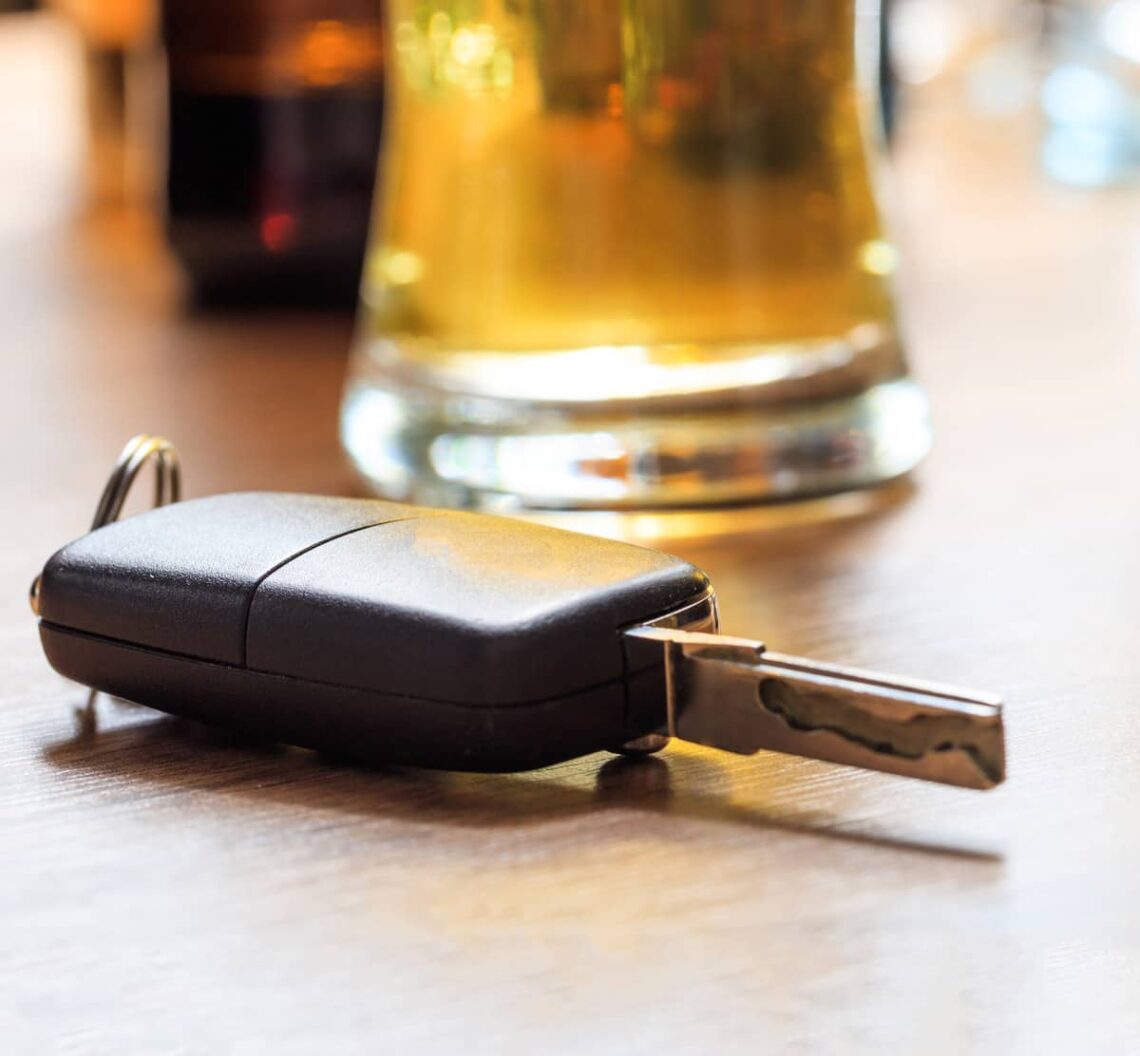
When you find yourself facing DWI (driving while intoxicated) charges, it can feel like the odds are stacked against you. You may wonder how you can avoid some of the many consequences that typically follow being convicted of DWI, including license loss, fines, and even jail time. Fortunately, there are several effective DWI defense strategies you can use to defend your rights and avoid the harsh consequences of a DWI conviction.
Strategy #1: Challenge the Field Sobriety Test
DWI defense attorneys recommend that you do not take the field sobriety test. Of course, if you’re defending against DWI charges, you may have already missed the chance to avoid one. Fortunately, there are ways to challenge those field sobriety tests.
Standard field sobriety tests include:
- The one-leg stand
- Walk and turn
- Horizontal gaze nystagmus test
These tests can be highly subjective and unreliable. Furthermore, other conditions can cause you to fail those tests, including conditions that inhibit balance and coordination but do not prevent you from driving safely. In some cases, a DWI attorney can challenge the results of those tests by questioning the officer’s strategy for administering the test, the conditions under which you went through that test, or the way the officer chose to interpret those results.
2. Question the Accuracy of the Breathalyzer
Breathalyzer machines are used to measure blood alcohol content by reading the level of alcohol on the breath. These machines can produce false readings for a number of reasons, including:
- Inaccurate calibration: If the machine is not calibrated correctly, the test may result in a false positive.
- Poor maintenance of the machine: A breathalyzer that is not properly cleaned and maintained may have a greater overall risk of returning a false positive than one that routinely receives proper maintenance.
- Improper test administration: When the breathalyzer test is not administered properly, it may return an artificially high result, leading to an unnecessary DWI conviction.
An inaccurate breathalyzer result could impact you for the rest of your life. On the other hand, if you can prove the inaccuracy of these results, you may be able to challenge a DWI conviction.
3. Explore Alternative Explanations
Driving while intoxicated creates a number of notable symptoms, including tunnel vision, difficulty safely controlling the vehicle, and behaving erratically or unpredictably on the road. There are a number of other conditions that could cause similar behaviors. For example, fatigue could cause you to struggle with tunnel vision or have a hard time controlling your vehicle, while symptoms of illness could interfere with your perception or make it more difficult for you to navigate safely on the road. Furthermore, some medications, including prescription medications, could create intoxicating side effects that make it appear as though you are driving under the influence.
Exploring these alternative explanations for any observed dangerous driving behaviors can make it easier for you to fight DWI charges.
4. Raise Any Procedural Issues
During a DWI stop, officers must follow strict procedural requirements. Any violation of those rules could mean that your lawyer can move to suppress evidence from your case or even get the case dismissed. A lawyer can challenge the legality of the traffic stop, the arrest, or any search of your vehicle. If your lawyer turns up evidence that the police did not follow strict procedures in your case, you might be able to avoid the consequences that go along with DWI charges.
5. Challenge the Validity of Any Chemical Tests
Blood and urine tests, like breathalyzers, are not infallible. Improper handling, storage, or analysis of the sample could lead to inaccurate results, including a false positive or a false inebriation reading. You may also have grounds to challenge the results of a chemical test conducted using an expired or faulty testing kit.
6. Use Expert Testimony
Often, experts in toxicology, pharmacology, or forensic science can offer testimony that can show that you did not actually choose to drive while intoxicated. An expert witness could, for example, explain how medications you take on a regular basis or medical conditions you have could have impacted your BAC or the way you performed when taking a field sobriety test. Often, bringing an expert witness will help solidify your case and increase the odds that you will avoid some of the intense penalties that go along with a DWI conviction.
7. Consider Plea Bargaining
Sometimes, it may be more advantageous to negotiate a plea bargain with the prosecution than to go to trial. A plea bargain could mean that you plead guilty to lesser charges or that you plead guilty in exchange for a reduced sentence, including shorter jail time or lower fines and penalties. Pleading guilty to lesser charges can also help reduce the odds that you will lose your license and prevent you from having a DWI on your record, which can help with future employment opportunities.
A lawyer can help you determine whether plea bargaining offers the best option for your specific needs, including whether a plea bargain will result in lower consequences. Plea bargains may be the best option when you are facing the possibility of being convicted of a DWI.
How an Attorney Can Help
When you find yourself facing DWI charges, working with an attorney offers numerous advantages. An attorney can:
- Collect evidence of mishandling in your breathalyzer or blood test, which could help get evidence thrown out.
- Provide you with information about the best defense for your needs.
- Offer information on how to protect your rights.
- Give you insight into whether a plea bargain will fit your specific needs.
Handling a DWI on your own can make it much more difficult to protect your freedoms. With a DWI attorney, on the other hand, you can feel much more confident about the outcome of your case.
